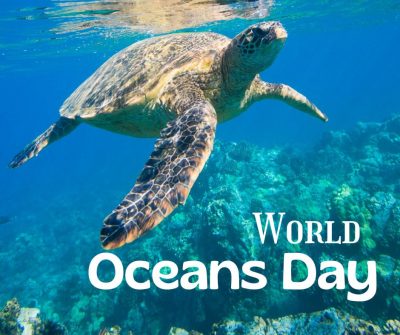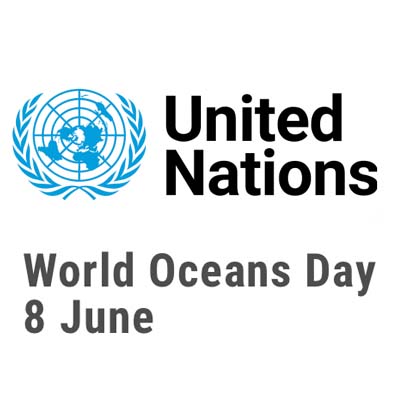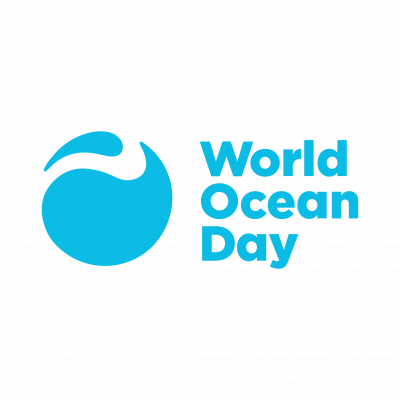World Oceans Day: ‘In one word, what does the ocean mean to you?’
Discover what the ocean means to us here at the Institute for the Oceans and Fisheries!
World Oceans Week 2022 – Kasey Stirling
Stirling works with six Lower Fraser First Nations for her project, which investigates how single-celled algae may be linked to salmon abundance. Although Indigenous Peoples are increasingly working collectively to solve environmental problems that affect Earth’s oceans, challenges remain when it comes to collaborating with the Canadian government, she says.
World Oceans Week 2022 – Dr. Juan José Alava
Any international effort to end plastic pollution must also contend with wealth disparities between nations, according to Dr. Alava. “In some developing countries, the reality is that people survive on plastic garbage.”
World Oceans Week 2022 – Santiago De la Puente
In order for fishers, companies, governments, NGOs, and other interested groups to act collectively for the good of Earth’s oceans, a baseline level of trust needs to be established, De la Puente said. “Most stakeholder groups have a history of being at odds with each other.”
World Oceans Week 2022 – Dr. Nicola Smith
Dr. Nicola Smith is bringing together knowledge creators from diverse groups across Canada to uncover the true scale of greenhouse gas emissions created by Canada’s ocean industries, and ways to best offset these emissions.
World Oceans Week 2022 – Dr. Deng Palomares
Dr. Deng Palomares discusses how her research spurs collective action for ocean health, and how poverty creates barriers for marine stewardship.
World Ocean Day – Dr. Gabriel Reygondeau
Asking countries to carry an equal share of the load may be tidy from a legislative perspective, but it doesn’t do much for biodiversity
2021 World Ocean Day – Dr. Jacqueline Maud
Marine protected areas aim to preserve ecosystem health in the oceans from the top down; Maud’s research looks at the ecosystem more from the bottom-up, and thinks that MPAs can “be tricky.”
2021 World Ocean Day – Dr. Sarah Foster
One way to help seahorses thrive is to secure their habitat using marine protected areas (MPA). However, MPAs aren’t always as protected as the name implies.
2021 World Ocean Day – Dr. Louise Teh
Thirty per cent of the world’s oceans cannot be closed without political will and without consideration of the economic toll doing so would take on many coastal communities.


